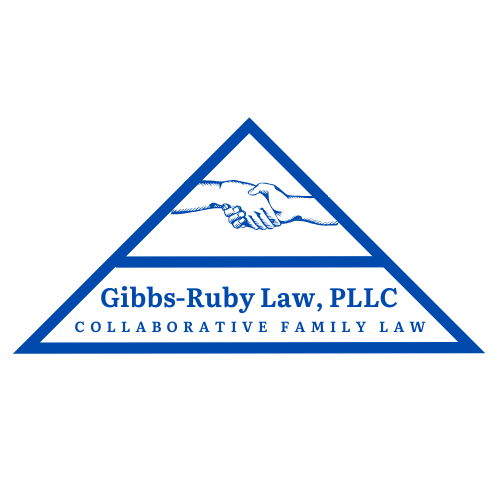Collaborative Mediation
Very few people want to go to War and going to court can seem like the War that nobody wants to go through. More and more people choose Mediation, trying to work it out on their own.
Our experience is that the Mediation process sometimes, but not always, gets to a place where the parties need more support in the process. With the Mediator being neutral and unable to provide legal advice, the parties will be referred out to attorneys to provide that advice and to review draft settlements. Unfortunately, some attorneys will suggest they can help the client get a better deal and the work done in Mediation goes astray, resulting in a higher cost to the clients.
Learn more about the “Collaborative” approach.
Collaborative Mediation is another consensual dispute resolution process available to you. As with a Collaborative Divorce, the requirements for a Collaborative Mediation are:
Two Parties
Each Party Represented by an Attorney
A Signed Contract (Participation Agreement) That Includes a Disqualification Provision for the Attorneys
The central difference between Collaborative Mediation and a Collaborative Divorce is that in the Mediation process the Mediator takes the lead in facilitating the discussion. In the Collaborative Divorce Process, while each professional is a trained mediator, there is no mediator involved unless the parties are unable to reach a resolution and a mediator is brought in to the case to see if it can reach a resolution.
Collaborative Mediation started when we had cases where the parties were in mediation and the mediator determined that attorneys needed to be involved as the parties were either receiving no legal guidance, or what they were receiving was so divergent that the mediation process was not likely to succeed. So attorneys are brought into the process, only after signing a Participation Agreement with a disqualification provision to ensure that parties that the attorneys would not take over their process by taking unreasonable positions not reflecting the needs and interests of the clients.
If you think that Collaborative Mediation is a process in which you would be interested, make an appointment to speak with us about that, and other options.
